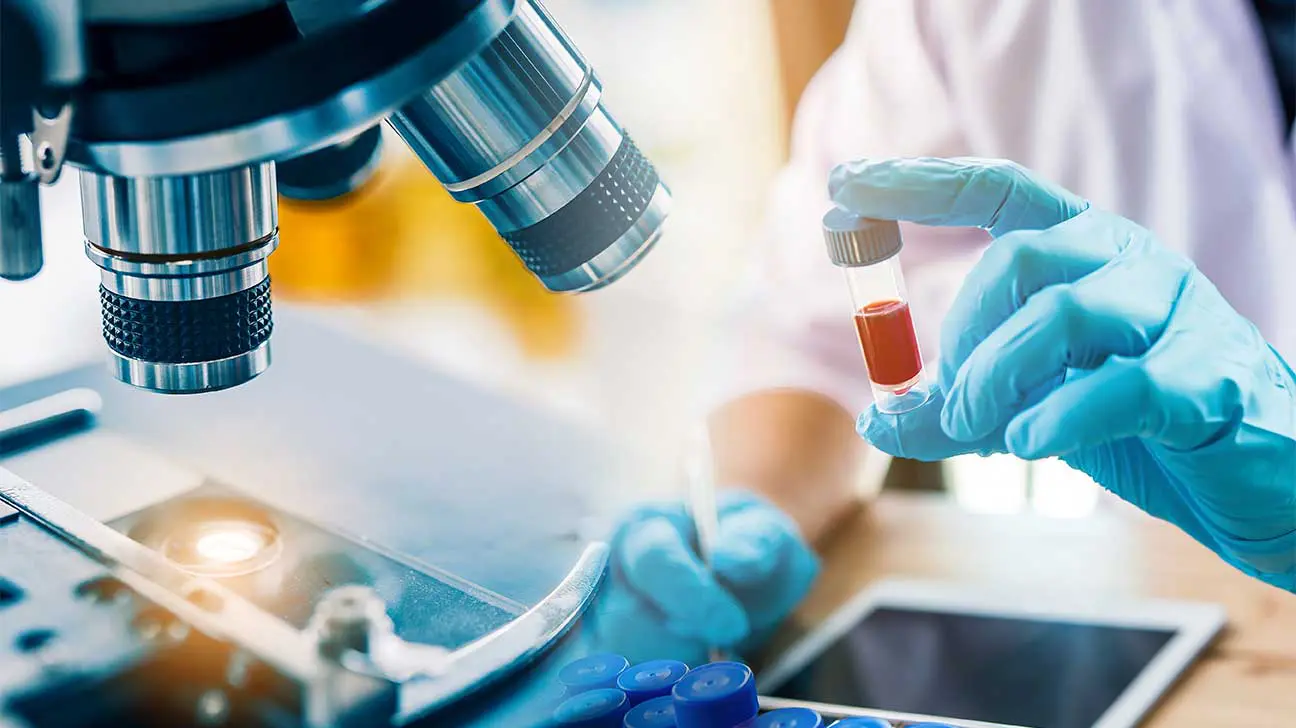
Adderall enters and leaves the bloodstream fairly quickly. This makes a blood test non-ideal for detecting Adderall use, unless it’s used specifically for urgent or emergency purposes.
Detecting Adderall In The Blood
Adderall (amphetamine) is a prescription ADHD medication. It can stay in your blood for anywhere from 12 to 24 hours after your last dose.
What Factors Can Affect Adderall Detection Time In Blood?
Not all bodies metabolize drugs like Adderall at the same rate. The actual time-frame for how long Adderall stays in the blood will depend on a variety of factors.
Dosage
High doses of Adderall can take longer to absorb and metabolize compared to smaller doses. This also applies if you take multiple doses within a short window of time.
Formulation
Adderall comes in immediate-release and extended-release forms. Extended-release forms may stay in the blood longer.
Frequency Of Use
Taking Adderall very often for a long time may cause a buildup in the body. This can result in a longer detection window.
Body Composition
High body fat percentage is associated with slower drug absorption, meaning it may stay in the body longer.
Polydrug Use
Taking multiple drugs, including alcohol, can affect the amount of time it takes the body to process Adderall. This can include the use of other prescription drugs.
Metabolic Rate
Metabolic rate—that is, the speed of your metabolism—can affect how long a drug will stay in your system.
Why Test For Adderall Abuse And Addiction
Drug testing may be ordered if a doctor suspects that a person is abusing Adderall. Tests can also be ordered by legal entities, employers, and sports organizations.
Call Today To Find Treatment For Adderall Addiction
Adderall addiction can affect virtually every aspect of your life. If you’re concerned about testing positive for Adderall, this may be a sign that it’s time to seek help.
Call our helpline today to learn more about Adderall addiction or to find an Adderall addiction treatment program for yourself or a loved one.
Addiction Resource aims to provide only the most current, accurate information in regards to addiction and addiction treatment, which means we only reference the most credible sources available.
These include peer-reviewed journals, government entities and academic institutions, and leaders in addiction healthcare and advocacy. Learn more about how we safeguard our content by viewing our editorial policy.
- Redwood Toxicology Laboratory—Laboratory Testing Reference Guide
https://supremecourt.nebraska.gov/sites/default/files/Programs/CIP/events/redwood/LAB_Reference_Guide.pdf - U.S. National Library of Medicine: NCBI—OBJECTIVE TESTING - URINE AND OTHER DRUGS
https://www.ncbi.nlm.nih.gov/pmc/articles/PMC4920965/ - U.S. National Library of Medicine: NCBI—Treatment for amphetamine withdrawal
https://www.ncbi.nlm.nih.gov/pmc/articles/PMC7138250/ - U.S. National Library of Medicine: PubMed—Detection times of drugs of abuse in blood, urine, and oral fluid
https://pubmed.ncbi.nlm.nih.gov/15228165/


